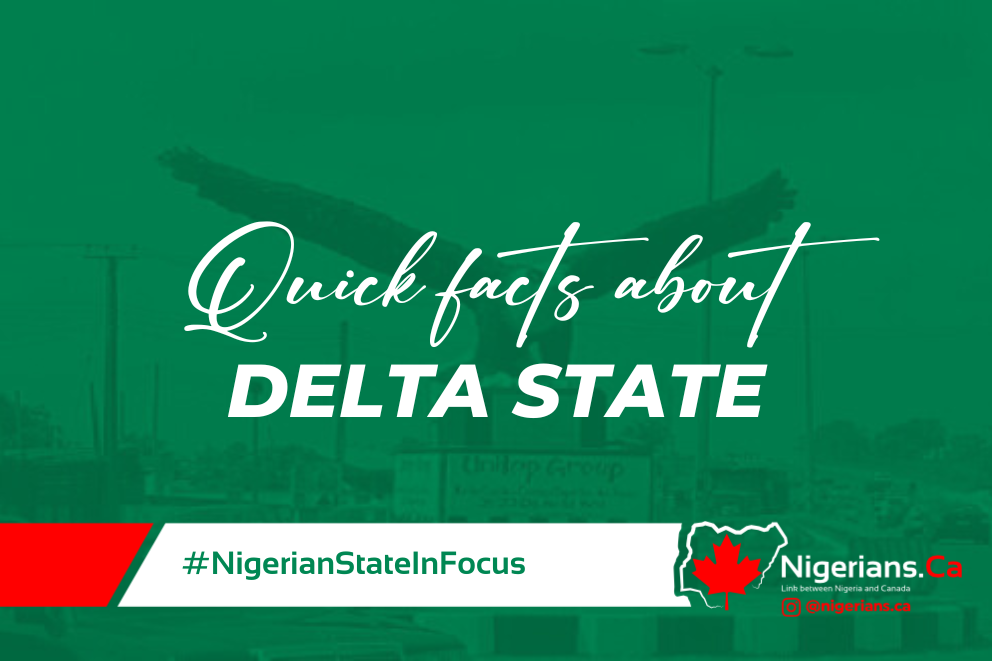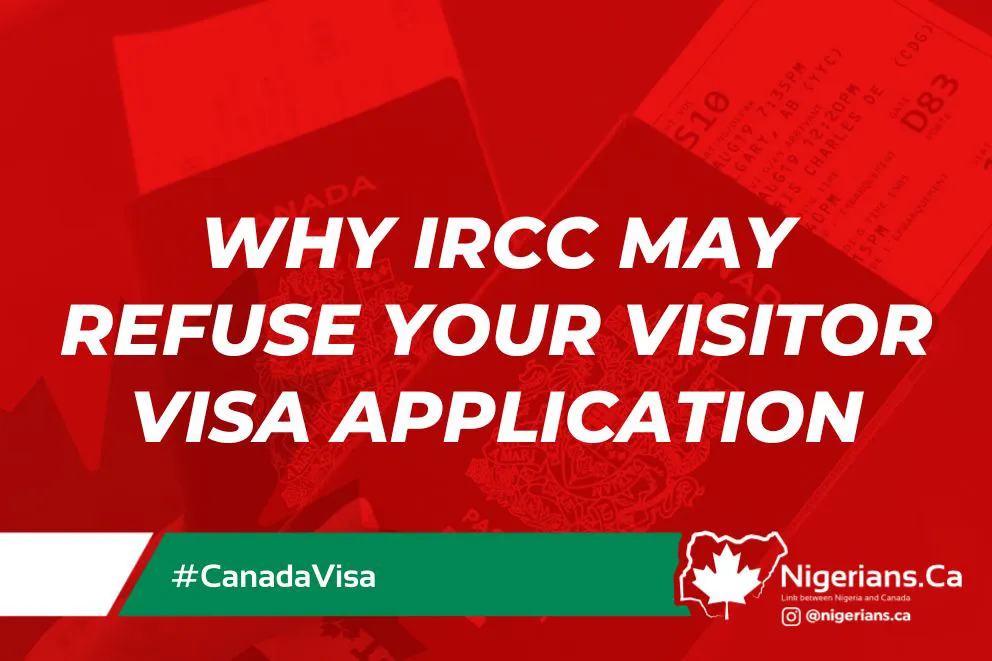Delta State is a state in the South-South geopolitical zone of Nigeria. It is bounded by Edo state to the north, Anambra state to the east, Rivers state to the southeast, Bayelsa state to the south, the Bight of Benin of the Atlantic Ocean to the west, and Ondo state to the northwest. On the east and south, the state is bounded by the lower course and delta of the River Niger.
The state is inhabited by the Igbo people in the east, the Edo in the north, and the Itsekiri, Urhobo, Isoko, and Ijo in the south and west.
The State was initially created with 12 local government areas from the Bendel state in 1991 which was later extended to 19 and now has 25 local government areas.
Agriculture is the mainstay of the state’s economy; yams, cassava (manioc), oil palm produce, rice, and corn (maize) are grown for local consumption.
Economically, Delta State is based around the production of crude oil and natural gas as one of the main oil-producing states in the country.
Delta is a major exporter of petroleum, rubber, timber, and palm oil and palm kernels via the Niger delta ports of Burutu, Forcados, Koko, Sapele, and Warri. Petroleum is exported by pipeline from the Ughelli fields, and other major oil fields exist near Warri (which possesses an oil refinery), Koko, and Escravos, as well as offshore.
Delta has the fourth highest Human Development Index in the country. Delta state is the third richest state in Nigeria right after Rivers and Lagos state.
There are 11 languages spoken in Delta State, however the major languages are Izon, Igala, Urhobo, Igbo and Itsekiri languages.





